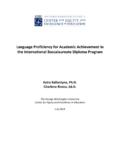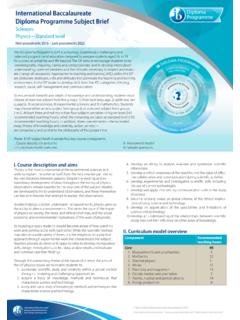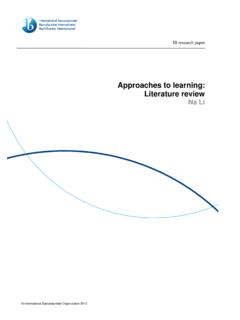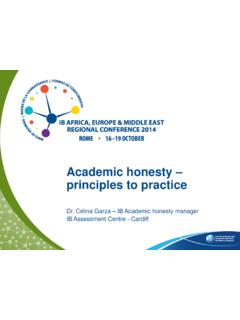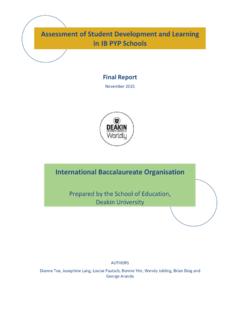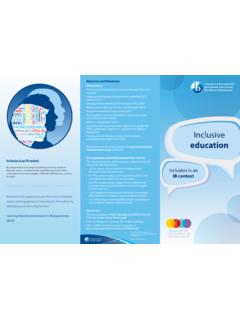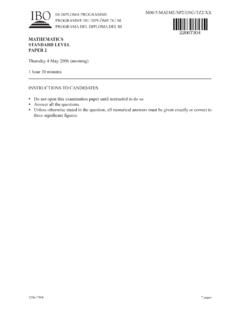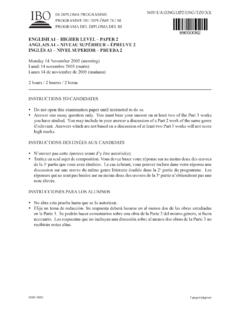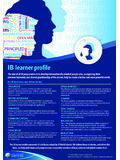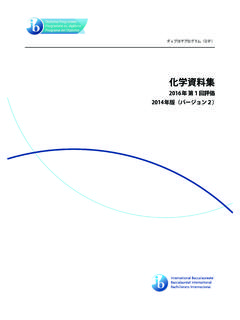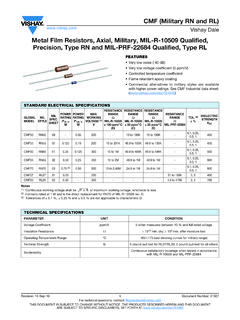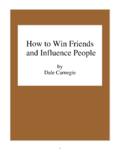Transcription of International Baccalaureate Diploma Programme Subject Brief
1 International Baccalaureate Diploma Programme Subject Brief Mathematics: applications and interpretationFirst assessments for SL and HL 2021 International Baccalaureate Organization 2019 International Baccalaureate | Baccalaur at International | Bachillerato Internacional I. Course description and aimsIndividual students have different needs, aspirations, interests and abilities. For this reason there are two different DP subjects in mathematics, Mathematics: analysis and approaches and Mathematics: applications and interpretation. Each course is designed to meet the needs of a particular group of students.
2 Both courses are offered at SL and IB DP Mathematics: applications and interpretation course recognizes the increasing role that mathematics and technology play in a diverse range of fields in a data-rich world. As such, it emphasizes the meaning of mathematics in context by focusing on topics that are often used as applications or in mathematical modelling. To give this understanding a firm base, this course includes topics that are traditionally part of a pre-university mathematics course such as calculus and statistics. Students are encouraged to solve real-world problems, construct and communicate this mathematically and interpret the conclusions or generalizations.
3 Students should expect to develop strong technology skills, and will be intellectually equipped to appreciate the links between the theoretical and the practical concepts in mathematics. All external assessments involve the use of technology. Students are also encouraged to develop the skills needed to continue their mathematical growth in other learning environments. The internally assessed exploration allows students to develop independence in mathematical learning. Throughout the course students are encouraged to take a considered approach to various mathematical activities and to explore different mathematical aims of all DP mathematics courses are to enable students to.
4 Zdevelop a curiosity and enjoyment of mathematics, and appreciate its elegance and power zdevelop an understanding of the concepts, principles and nature of mathematics zcommunicate mathematics clearly, concisely and confidently in a variety of contexts zdevelop logical and creative thinking, and patience and persistence in problem solving to instil confidence in using mathematics zemploy and refine their powers of abstraction and generalization ztake action to apply and transfer skills to alternative situations, to other areas of knowledge and to future developments in their local and global communities zappreciate how developments in technology and mathematics influ-ence each other zappreciate the moral, social and ethical questions arising from the work of mathematicians and the applications of mathematics zappreciate the universality of mathematics and its multicultural, inter-national and historical perspectives zappreciate the contribution of mathematics to other disciplines.
5 And as a particular area of knowledge in the TOK course zdevelop the ability to reflect critically upon their own work and the work of others zindependently and collaboratively extend their understanding of Course description and aimsII. Curriculum model overviewIII. Assessment modelIB Diploma PROGRAMMEINTERNATIONAL MINDEDNESSMATHEMATICSAND LITERATUREINDIVIDUALS THEORY OF KNOWLEDGE EXTENDED ESSAY CREATIVITY, ACTIVITY, SERVICEAPPROACHES TO TEACHINGAPPROACHES TO LEARNINGSCIENCESSTUDIES IN LANGUAGEACQUISITIONTHE ARTSLANGUAGEAND SOCIETIESThe Diploma Programme (DP) is a rigorous pre-university course of study designed for students in the 16 to 19 age range.
6 It is a broad-based two-year course that aims to encourage students to be knowledgeable and inquiring, but also caring and compassionate. There is a strong emphasis on encouraging students to develop intercultural understanding, open-mindedness, and the attitudes necessary for them to respect and evaluate a range of points of view. The course is presented as six academic areas enclosing a central core. Students study two modern languages (or a modern language and a classical language), a humanities or social science Subject , an experimental science, mathematics and one of the creative arts. Instead of an arts Subject , students can choose two subjects from another area.
7 It is this comprehensive range of subjects that makes the Diploma Programme a demanding course of study designed to prepare students effectively for university entrance. In each of the academic areas students have flexibility in making their choices, which means they can choose subjects that particularly interest them and that they may wish to study further at university. Normally, three subjects (and not more than four) are taken at higher level (HL), and the others are taken at standard level (SL). The IB recommends 240 teaching hours for HL subjects and 150 hours for SL. Subjects at HL are studied in greater depth and breadth than at SL.
8 In addition, three core elements the extended essay, theory of knowledge and creativity, activity, service are compulsory and central to the philosophy of the IB DP Subject Brief has three key components:II. Curriculum model overviewMathematics: applications and interpretation and Mathematics: analysis and approaches share 60 hours of common component Recommendedteaching hoursSLHL zNumber and algebra zFunctions zGeometry and trigonometry zStatistics and probability zCalculus16311836192942465241 Development of investigational, problem-solving and modelling skills and the exploration of an area of mathematics3030 Total teaching hours150240 III.
9 Assessment modelProblem-solving is central to learning mathematics and involves the acquisition of mathematical skills and concepts in a wide range of situations, including non-routine, open-ended and real-world assessment objectives are common to Mathematics: applications and interpretation and to Mathematics: analysis and approaches. zKnowledge and understanding: Recall, select and use their knowledge of mathematical facts, concepts and techniques in a variety of familiar and unfamiliar contexts. zProblem solving: Recall, select and use their knowledge of mathematical skills, results and models in both abstract and real-world contexts to solve problems.
10 ZCommunication and interpretation: Transform common realistic contexts into mathematics; comment on the context; sketch or draw mathematical diagrams, graphs or constructions both on paper and using technology; record methods, solutions and conclusions using standardized notation; use appropriate notation and terminology. zTechnology: Use technology accurately, appropriately and efficiently both to explore new ideas and to solve problems. zReasoning: Construct mathematical arguments through use of precise statements, logical deduction and inference and by the manipulation of mathematical expressions.
